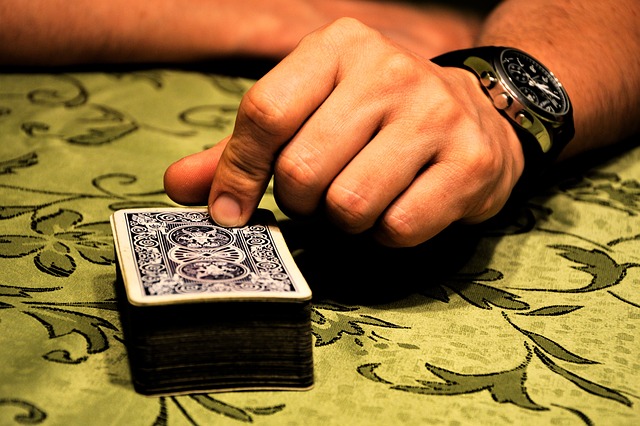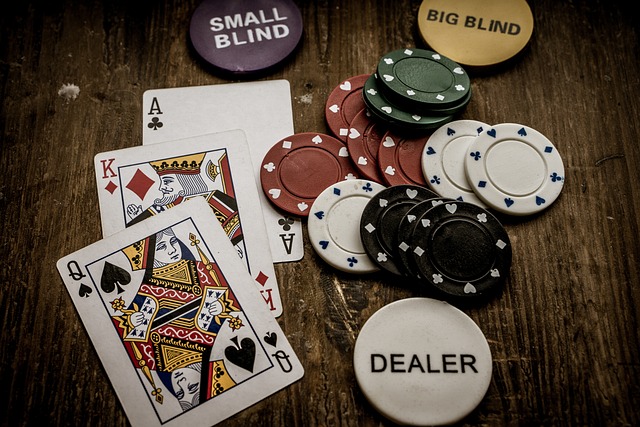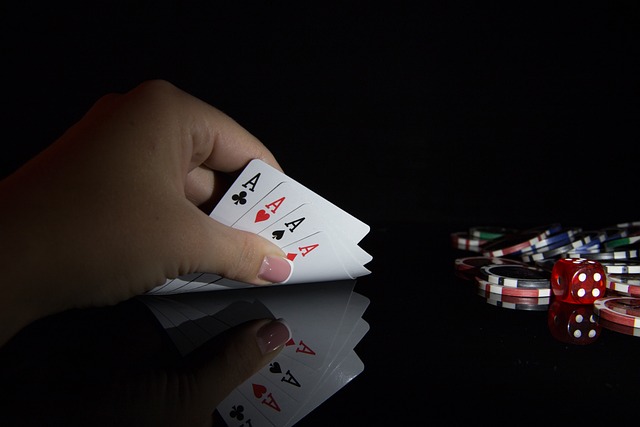
The world of casino games is a vibrant tapestry woven with threads of various cultures, each adding unique patterns and colors. This rich diversity is not just a matter of different games being popular in different regions; it’s about how cultural nuances have shaped these games, their rules, and the way they are played and perceived.
One of the most prominent examples of cultural influence can be seen in Asia, where games like Sic Bo, Mahjong, and Pachinko have deep historical roots. Sic Bo, a game of Chinese origin, relies heavily on chance and has a simplicity that makes it universally appealing. In contrast, Mahjong, another Chinese game, requires skill, strategy, and calculation, reflecting the Chinese cultural emphasis on mental agility and complex strategic thinking.
Pachinko, a game that blends elements of pinball and slot machines, is a cultural phenomenon in Japan. Its popularity goes beyond mere gambling; it’s a part of the Japanese social fabric, with Pachinko parlors being a common sight. The game’s bright lights, loud sounds, and anime-themed machines reflect Japan’s modern pop culture and technological advancement.
In Western countries, card games like Poker and Blackjack reign supreme, echoing the Western emphasis on individualism and strategic competition. Poker, in particular, is not just a game of chance but a game of skill and psychology, mirroring the Western cultural values of individual strategy and competitiveness. Blackjack, while simpler, still requires a level of skill and decision-making that appeals to Western players.
Roulette, with its origins in France, carries with it the elegance and sophistication often associated with French culture. The game’s simplicity, combined with the allure of chance, makes it a popular choice in casinos worldwide, transcending its European origins.
The influence of culture is also evident in the way casino games have adapted to technological advancements. Online casinos have become a global phenomenon, allowing traditional games to be enjoyed in new formats and reaching a broader audience. In this digital era, games are often designed to reflect or appeal to specific cultural preferences. For instance, many online platforms, like Bizzo Casino, offer a range of culturally diverse games, catering to a global audience while respecting and reflecting their cultural backgrounds.
Even the themes of slot machines often have cultural undertones. In many Asian countries, slot games feature themes and symbols reflecting luck and prosperity, which are deeply rooted in Asian culture. In contrast, Western-themed slots often include elements of adventure, Hollywood, and historical events, mirroring the cultural interests and historical narratives of Western societies.
Casino games are not static; they evolve and adapt, reflecting the changing cultural landscapes. The incorporation of cultural elements into casino games is a testament to the global nature of gambling and its ability to adapt and resonate with diverse audiences.
As the world becomes more interconnected, the cross-cultural exchange in the world of casino gaming becomes more pronounced. This fusion not only enhances the gaming experience but also fosters a greater understanding and appreciation of the diverse cultures that contribute to the colorful world of casino games.


